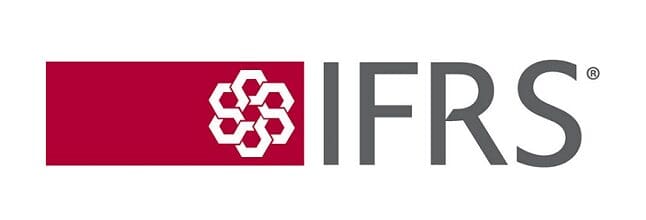For many businesses, non-financial reporting was once an afterthought. Something reserved for sustainability teams or large public companies. That’s no longer the case. Today, regulatory requirements around environmental, social, and governance (ESG) disclosures are accelerating in both scope and complexity. From Europe’s Corporate Sustainability Reporting Directive (CSRD) to the SEC’s climate disclosure rules in the U.S., non-financial reporting has become a core business requirement.
But with so many standards, acronyms, and shifting timelines, where should companies begin?
1. Understand What’s Required. Now and Next
The first step is clarity. Different jurisdictions and industries face different requirements, and more are on the way. In the EU, the CSRD is expanding reporting obligations to thousands of companies, including non-EU businesses with significant activity in the region. The IFRS’ ISSB standards are setting a new baseline for climate and sustainability disclosures globally. Meanwhile, countries like the UK, Japan, and Canada are weaving IFRS-aligned frameworks into national law.
Start by identifying:
- Which regulations currently apply to your business
- Which may apply in the next 1–3 years
- Industry-specific requirements or voluntary frameworks commonly adopted by other companies in your sector (e.g., GRI, SASB)
2. Map Your Data Gaps
Once you know what to report, the next challenge is figuring out whether you can. Most organisations find they lack consistent, auditable data across areas like carbon emissions, human rights risks, and supply chain ethics. Internal systems often aren’t built for non-financial KPIs, and supplier data can be especially difficult to access.
Conduct a materiality assessment and perform a gap analysis to:
- Prioritise key ESG topics
- Identify missing or unreliable data sources
- Understand where your reporting process needs strengthening
3. Engage Cross-Functional Teams
Non-financial reporting is no longer just for the ESG or compliance team. It touches procurement, HR, operations, IT, investor relations, and more. Successful reporting programmes are cross-functional, with clear ownership and accountability.
Bring the right people together early:
- Finance teams can help structure disclosures with audit-readiness in mind
- Procurement can facilitate supplier data collection
- HR and legal can support areas like diversity and due diligence
4. Choose a Reporting Framework. And Stay Agile
With dozens of reporting standards in play, it’s easy to get overwhelmed. Start with one framework that aligns closely with your business strategy and stakeholder needs, such as GRI for broad ESG disclosures or ISSB for climate risk.
But be prepared to adapt. As standards converge (and regulators catch up), your reporting approach will probably need to evolve. Using a flexible reporting platform can make it easier to accommodate new requirements without starting from scratch.
5. Don’t Wait. Transparency Builds Trust
Regulations may be the catalyst, but transparency (and improvement) are the outcomes that matter. Investors, customers, and employees are increasingly scrutinising how companies manage ESG risks and opportunities. Starting early, before a regulation legally compels you, builds credibility and will put your company ahead of the curve.
Final Thought
Non-financial reporting is about compliance. It’s also about creating a clear, honest picture of how your company operates and the impact it has. As regulatory demands continue to grow, so does the opportunity to use that information to drive better decisions, reduce risk, and build long-term resilience.
Achilles offers a range of solutions to support businesses to meet non-financial reporting obligations from Reporting and Carbon Accounting tools to Supply Chain Due Diligence services. Book a meeting to learn more.


